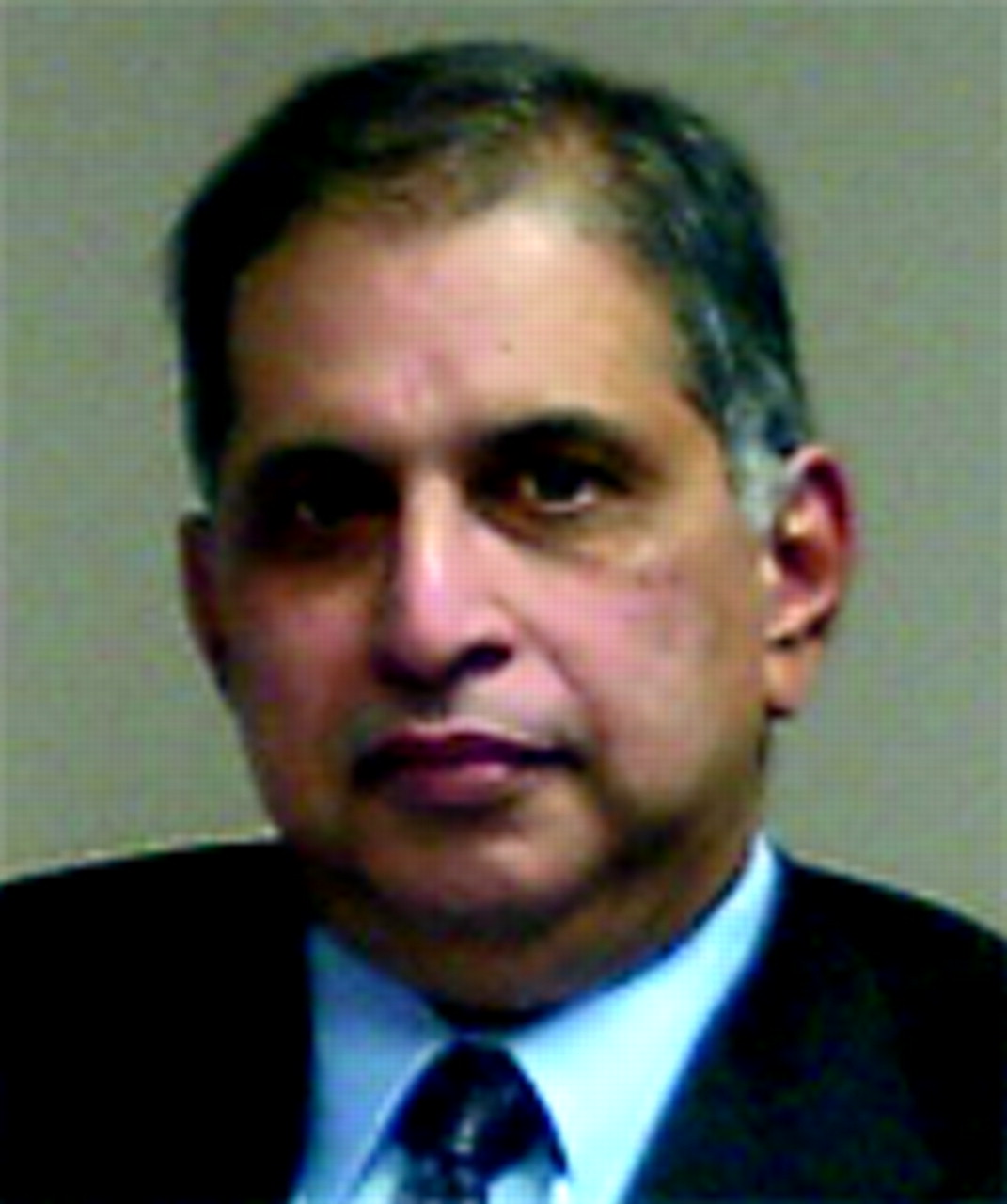Indo-American Psychiatrists Bring Free Services to Own Community
Three members of the Indo-American Psychiatric Association (IAPA) told an audience at APA’s 2001 Institute for Psychiatric Services last month in Orlando, Fla., of their organization’s long struggle to bring mental health services to members of their community.
The structure of the Indo-American Mental Health Clinic they founded could not be more simple. In fact, the psychiatrists “decided to do something small and do it well,” said Seeth Vivek, M.D., chair of the department of psychiatry at Jamaica Hospital Medical Center and Flushing Hospital Medical Center in New York City.
Services Available for Free
Free psychiatric services are offered for four hours every Saturday morning at Flushing Hospital. IAPA members volunteer their time, and the hospital provides the space, along with liability protection. Currently 12 psychiatrists are participating in the program, so each is on duty every six to eight weeks. Since a patient likely will see a different psychiatrist on a return visit, the psychiatrists use a standardized form for notes.
The project’s limited financial support comes from donations. “Some IAPA members are willing to give money, because they are unable to give time,” Vivek noted. Pharmaceutical companies have donated medication, and high school students volunteer their time for administrative support. IAPA uses the ethnic media to publicize the program.
This seemingly modest effort, however, is attacking many of the complicated problems regarding access to mental health services outlined in “Mental Health, Culture, Race, and Ethnicity,” the U.S. surgeon general’s recent report (Psychiatric News, October 5).
Vivek said, “The Indo-American community is polarized. We have well-educated, highly visible members, but we also have cab drivers, domestic workers, and gas station attendants who are part of the wave of immigration that started in the 1980s. Their issues of mental health are complicated by stresses caused by poverty. Often, they are uninsured and sometimes here illegally.”

Dinshaw D. Bamji, M.D.: “We deal with such issues as domestic abuse, as well as more conventional mental health problems.”
Language a Barrier
Language is a key barrier for many Indo-Americans in need of psychiatric services. Manoj J. Shah, M.D., medical director of the RAP Program at Schneider’s Children’s Hospital in New Hyde Park, N.Y., said, “It took considerable lobbying for us to get just one Hindi-speaking social worker at an area child-guidance center. There are 21 different languages spoken in India alone.” Taken as a whole, the volunteer psychiatrists speak most of them.
Culture itself carries its own challenges to access. As noted in the surgeon general’s report, Asian Americans often show the most severe symptoms when they seek help, because shame and stigma discourage them from acknowledging mental illness until their psychopathology becomes acute.
Approximately 600 patients have come to the clinic in the 18 months it has been operating. The services have become particularly important as the Indo-American community has struggled with discrimination that followed the attacks on September 11.
David P. Rosen, president and CEO of MediSys Health Network, the parent company that operates Jamaica, Flushing, and Brookdale hospitals, sounded a cautionary note. “We pride ourselves on our willingness to understand, anticipate, and serve the needs of our diverse community. When our own staff members embrace this mission, we are only too happy to support them by offering our space. But, with the scandalous number of uninsured patients in this country and the likelihood that the number will grow as the economy suffers, this program is a drop in the bucket in terms of the need. The public shouldn’t have to rely on volunteer efforts to provide services that should be supported with public funds. We are masking a problem that deserves our full attention.”
Shah, who is chair of the IAPA board of trustees, said, “The clinic brought to our attention so many unmet needs. We are developing funding proposals so we can expand the time we offer services, add other ethnic groups in our geographic area, and try to offer some basic medical services, but we must never lose sight of our basic mission.” ▪



